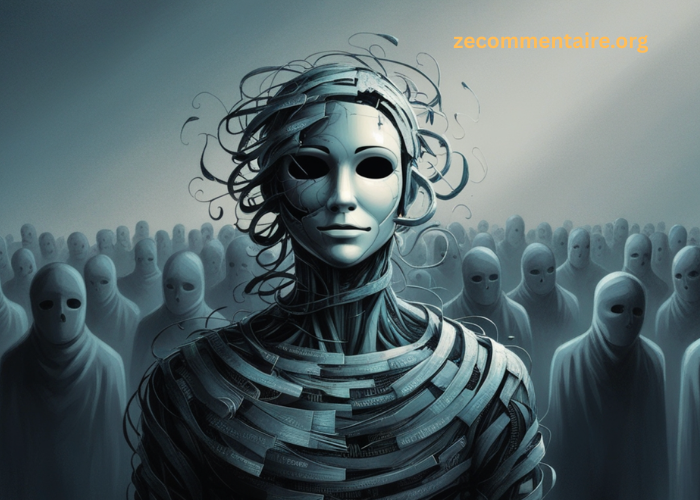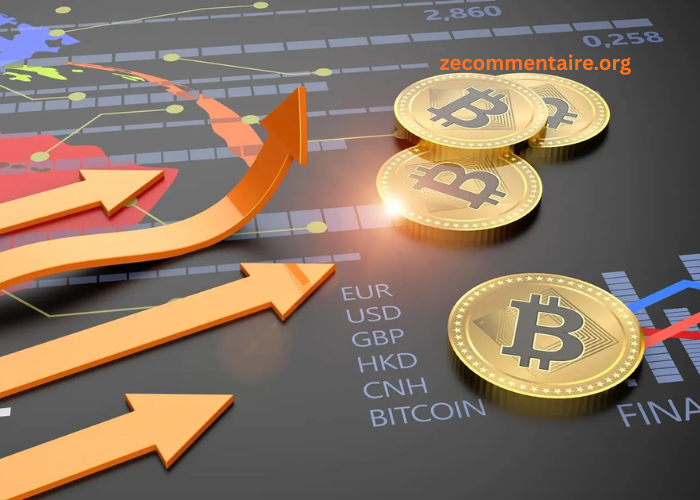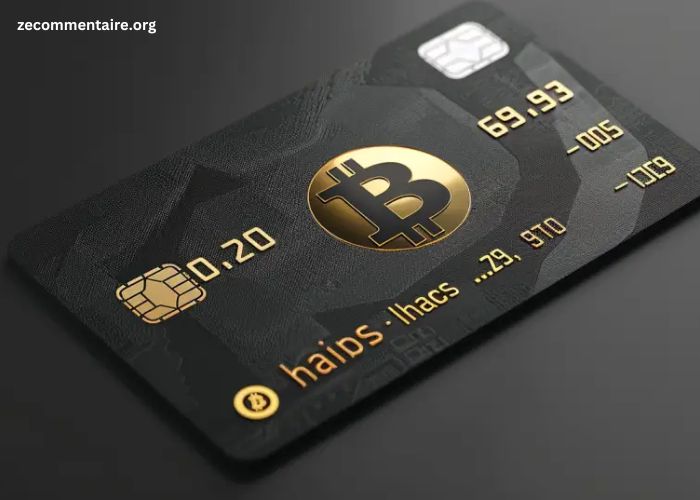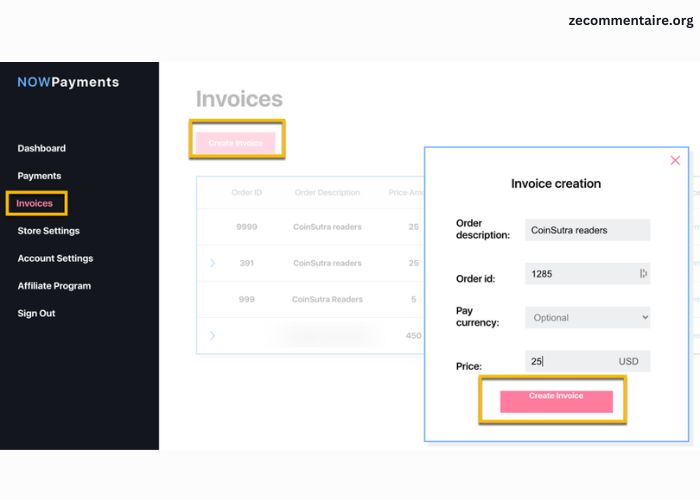Anonymous comments can be good or bad. They let people talk freely, but sometimes they spread hate, lies, or bullying. Some people use that shield to share honest thoughts. Others use it to harm.This happens a lot in the online casino industry, where anonymous comments often spread wrong information.
Straight Talk: What’s Really Happening?
When people don’t use their real names, they often behave differently. Anonymous users can be rude, cause fights, or share wrong information. But not all anonymous comments are bad. Some bring up hard truths that others are afraid to say. So it’s not black and white.
A Brief History of Anonymous Speech
At the start of the internet, lots of people posted without using their real names. This was normal. It felt like freedom. Forums, blogs, and comment sections were places to speak without fear. But as platforms grew, problems grew too. Trolls, bots, and hate speech made anonymity risky.
Story Time: Two Sides of the Coin
In one story, someone used an anonymous comment to report fraud, and it helped fix the problem. In another case, bullies used anonymous comments to hurt a teen so much that she left school. This shows how anonymous comments can help or harm.
Data Doesn’t Lie
A 2022 Pew report said 4 in 10 U.S. adults have faced online bullying. Much of it came from people hiding behind fake names. Another study showed that platforms with anonymous comments had more toxic replies than those that required real names. Numbers back up what many already feel.
A Debate That Won’t End
Some experts argue for ending anonymous comments. Some say it will make the internet safer. Others say staying anonymous helps free speech. They worry people won’t talk about abuse, politics, or religion if they have to use their real names. This debate is about privacy, safety, and democracy.
The Language Gets Meaner
Scroll through a comment section on a news site. What do you see? Lots of anger. People yell (in all caps), insult each other, and rarely change their views. Researchers call this “disinhibition.” It means people lose their filter. They type things they’d never say face-to-face. Anonymity fuels that.
The View From Tech Companies
Many platforms try to balance freedom and safety. Some use moderation bots. Others rely on community reports. Reddit, for example, allows anonymity but uses “karma” points to reward good behavior. Facebook leans more toward real names.
Why It Feels Safer to Speak Anonymously
Imagine living somewhere where saying what you think could get you arrested. Or you’re a teen trying to find out who you really are. Or a worker afraid of losing their job. For these people, anonymity is protection. It lets them speak, connect, and feel less alone. That matters.
Editorial Voice: Should We Ban It?
Banning anonymous comments could make the internet nicer. But it might also silence people who need to speak. Maybe the answer isn’t yes or no. Maybe we just need better tools, clear rules, and real people checking comments. We don’t have to pick between freedom and safety we can have both.
The Role of News Sites
News websites struggle with comment sections. Some have shut them down completely. Others require logins or link comments to social media profiles. A few use filters to block slurs or threats. But that takes time, money, and staff. Smaller sites often can’t keep up.
A Shift in Tone With Accountability
Look at LinkedIn. It’s professional, and most users post under real names. The result? There are fewer insults and more thoughtful replies. On Twitter, people often hide behind fake names and act rude. The tone is sharper, meaner. This shows how identity impacts behavior.
Anonymous Doesn’t Mean Untraceable
Here’s a twist. Even “anonymous” comments leave digital trails. IP addresses, timestamps, and browser data can be tracked. In legal cases, courts have forced platforms to reveal user info. So while people may feel invisible, they aren’t truly off the grid.
Kids and Teens: A Risky Zone
Anonymity hits young users hard. Apps like Yik Yak and Whisper have led to a lot of online bullying. Teens use them to share secrets or say hurtful things. Without real names, there’s little fear of punishment. Schools and parents struggle to respond in time.
Voices From the Margins
Some voices only appear when people feel safe. Survivors of abuse. Political dissidents. LGBTQ+ youth in unsafe homes. Anonymous comments let them speak. Their words may be raw, but they are real. Silencing them risks silencing truth.
One Comment Can Do Damage
One mean comment can make someone very sad or even change their life. People hurt online often feel they can’t do anything. They avoid social media. Some deal with anxiety, depression, or worse. And often, the attacker hides behind a random username. That makes justice hard.
Not Just Trolls: Sometimes It’s Bots
Not every nasty comment is from a person. Bots and fake accounts flood forums to spread disinfo. They post under fake names, push fake stories, and create chaos. Governments and bad actors use them to sway public opinion. Anonymity makes it easier.
Cultural Differences Matter
In Japan, people usually stay anonymous online. In the U.S., people often use their real names. Each culture sees privacy differently. What’s normal in one country may not work in another. That makes it hard for global platforms to please everyone.
What Can Be Done?
Platforms can’t catch every problem, but they can help. Here’s how:
- Let users report bad comments
- Use filters to catch harmful words
- Reward kind or helpful replies
- Slow down people who keep breaking rules
These tools aren’t perfect, but they make things better.





